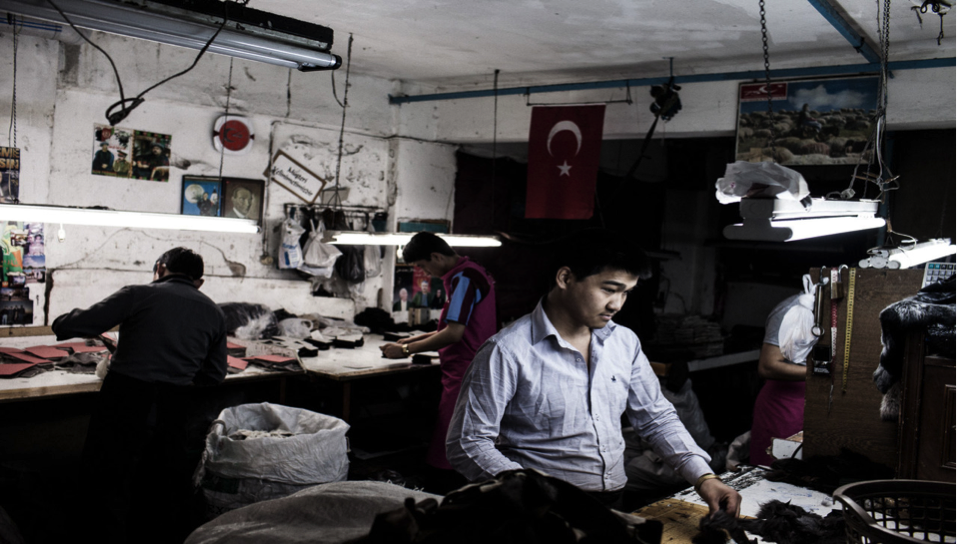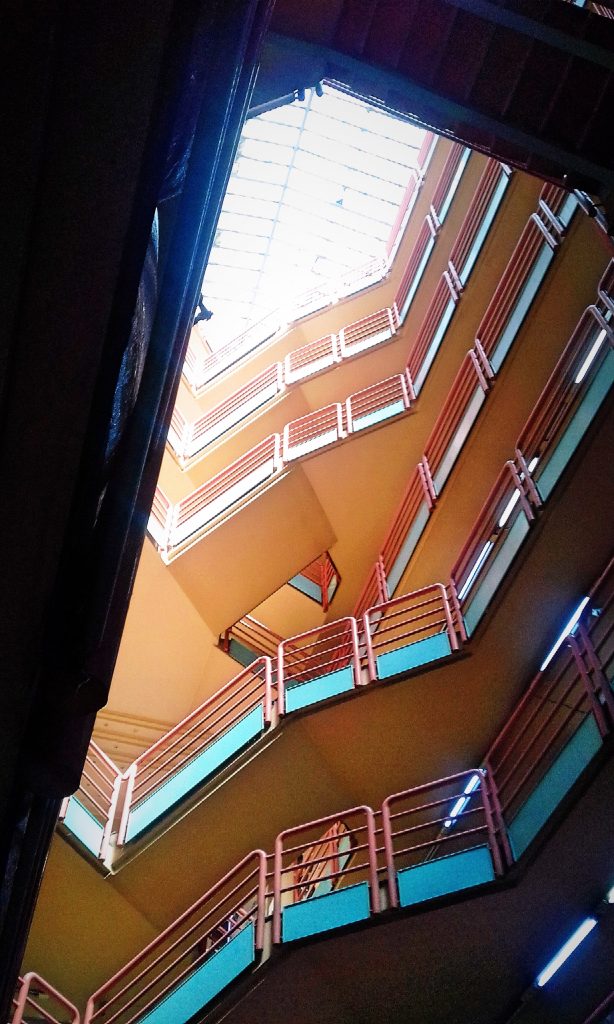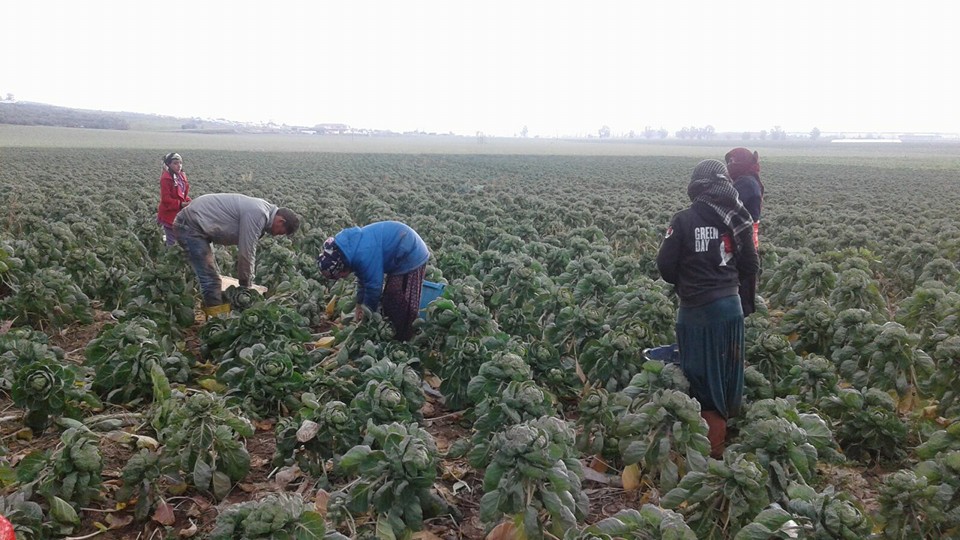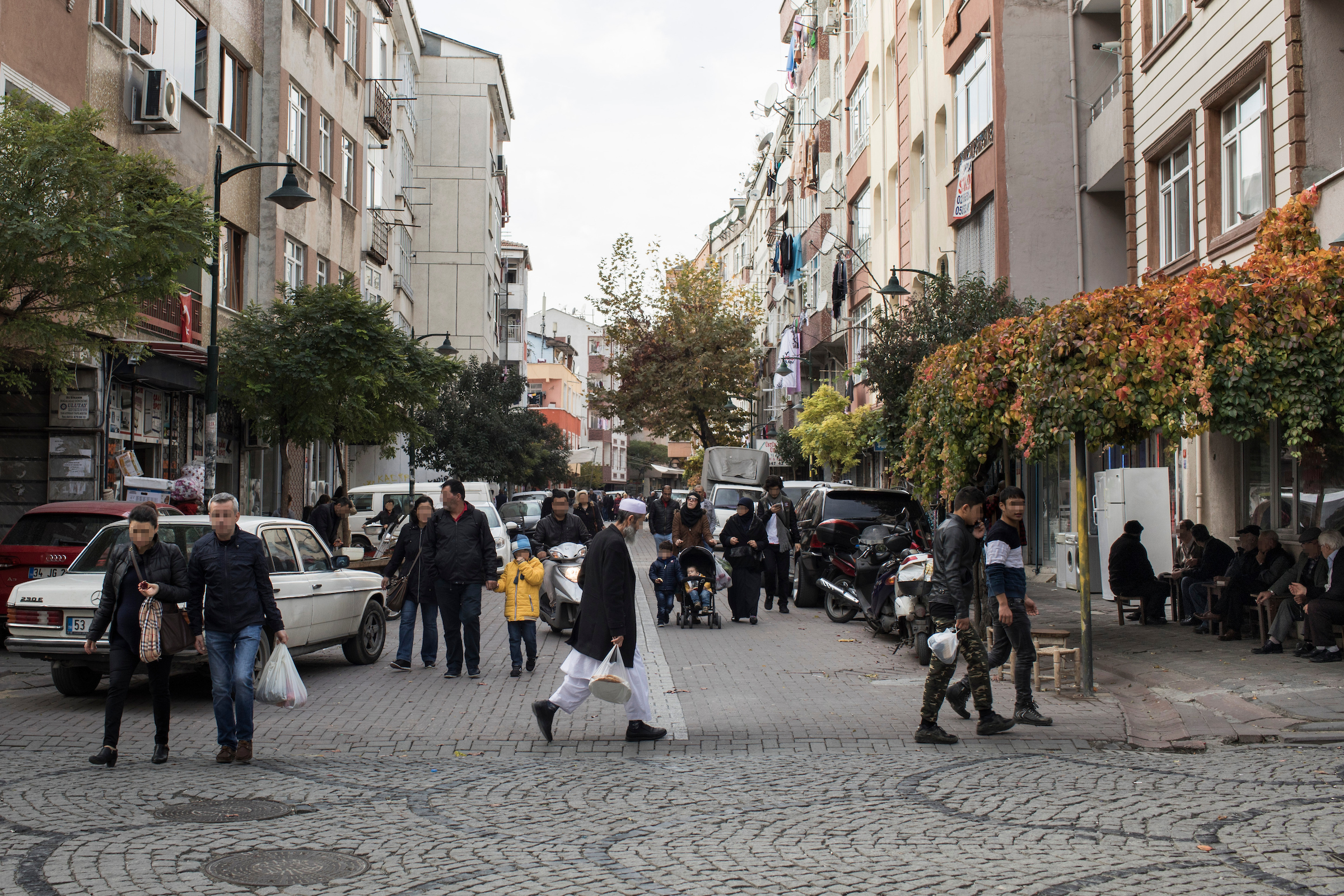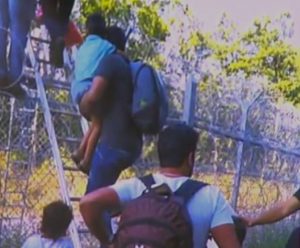The number of people who agree to “voluntary” return from Greece to their country of origin with the programme of “Assisted Voluntary Return and Reintegration” of the “International Organization for Migration” (IOM) is significantly higher than the number of deportations to Turkey since the EU-Turkey statement.
What happens to migrants who sign up for the IOM return programme during the process and after the return to their home countries? Why do asylum seekers agree to leave Europe again?
The observation of several cases reveals that many migrants face detention and serious physical and mental harm during and after their participation in the programme of “Assisted Voluntary Return and Reintegration”.


